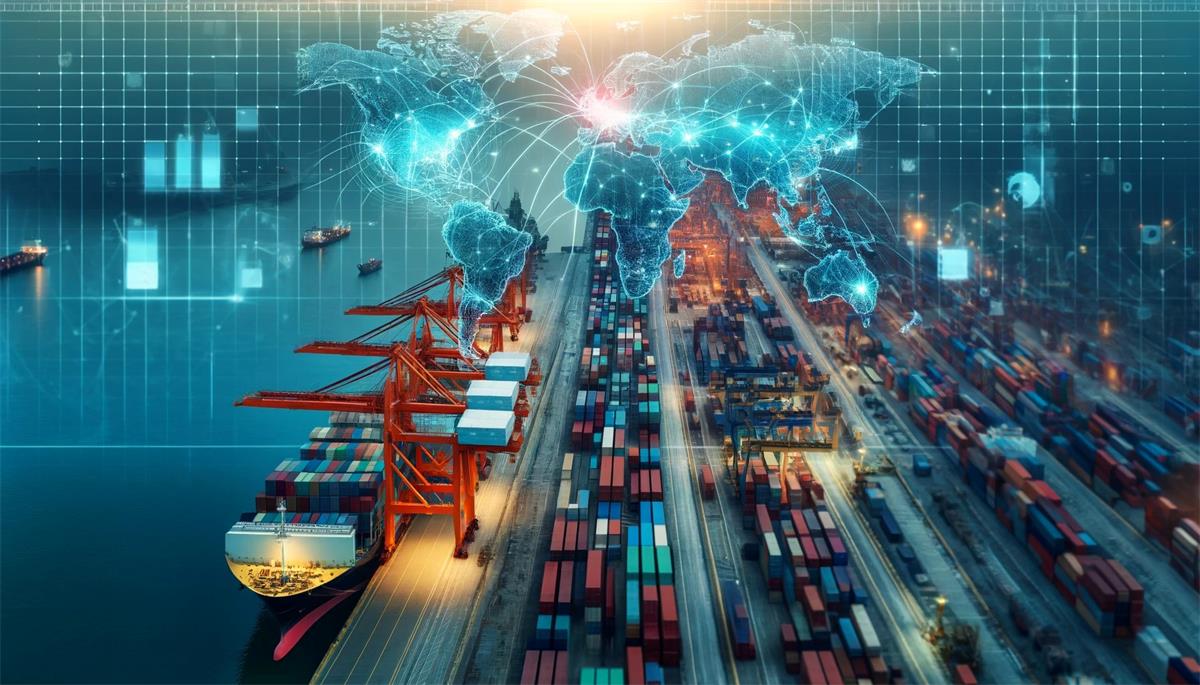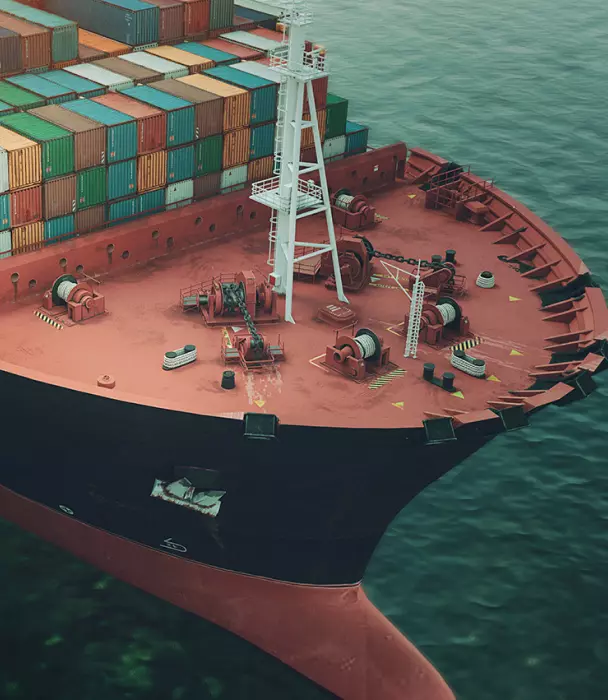Ocean alliances play a crucial role in shaping the landscape of the maritime industry by fostering collaboration among shipping companies to enhance operational efficiency, improve connectivity, and optimize resources. These strategic partnerships bring together multiple carriers to pool their capacities, share vessel space, and create comprehensive service offerings that benefit both businesses and customers.
The Emergence and Functioning of Ocean Alliances
Ocean alliances emerged as a strategic response to the growing complexities and competitive pressures within the shipping industry. Faced with fluctuating fuel prices, environmental regulations, and the need for economies of scale, shipping companies began to recognize the benefits of collaboration. Ocean alliances function through vessel-sharing agreements. Member companies pool their fleets, granting each other access to a wider network of container ships.
Current Alliances
The ocean alliance landscape has undergone some recent shifts, with a focus on consolidation among the major players. Here's a breakdown of the current situation:
THE Alliance: This alliance remains strong, with Hapag-Lloyd, ONE, Yang Ming, and HMM continuing their partnership. They offer a broad network of services across major trade routes, focusing on enhancing service quality and network efficiency.
Ocean Alliance: This group, consisting of CMA CGM, COSCO Shipping, Evergreen Line, and OOCL, recently extended their partnership for another five years, solidifying their position as a major force in the industry. The Ocean Alliance provides a comprehensive network connecting Asia, Europe, and North America.
2M Alliance (Dissolving in 2025): As planned, the 2M Alliance composed of Maersk and MSC will disband by 2025. This alliance, one of the largest, offers extensive coverage across major trade routes. Its expected dissolution creates uncertainty and could potentially lead to the formation of new alliances or a reshuffling of existing ones.
Benefits of Ocean Alliances
Enhanced Service Coverage:
Through ocean alliances, shipping companies can expand their service coverage to a wider range of ports and trade lanes. By cooperating with alliance partners, carriers can offer more frequent sailings, improved transit times, and increased reliability for their customers.
Economies of Scale:
Collaborating within ocean alliances allows carriers to achieve economies of scale by sharing resources, consolidating cargo volumes, and rationalizing routes. This leads to cost savings, improved profitability, and competitive pricing for shippers.
Network Optimization:
Ocean alliances enable carriers to optimize their network operations by coordinating vessel schedules, rationalizing port calls, and deploying vessels more efficiently. This results in reduced congestion, improved schedule reliability, and enhanced overall service quality.
Risk Mitigation:
By working together in ocean alliances, shipping companies can mitigate risks associated with capacity fluctuations, seasonality, and market uncertainties. Through strategic planning and collaboration, carriers can adapt to changing market conditions and maintain service levels for their customers.
Environmental Sustainability:
Collaborative efforts in optimizing vessel utilization and reducing empty sailings contribute to lower carbon emissions. This aligns with global sustainability goals and helps shipping companies comply with stringent environmental regulations.
Challenges and Criticisms
Despite their benefits, ocean alliances are not without challenges and criticisms. Some of the notable concerns include:
Market Concentration:
The dominance of a few large alliances can lead to market concentration, potentially reducing competition and leading to higher prices for shippers.
Operational Complexity:
Coordinating schedules and operations among multiple companies can be complex and may lead to operational inefficiencies if not managed effectively.
Regulatory Scrutiny:
Ocean alliances are subject to regulatory scrutiny in various jurisdictions. Authorities closely monitor these collaborations to ensure fair competition and prevent anti-competitive practices.
Future Predictions
Consolidation: With the 2M Alliance dissolving, experts predict further consolidation within the industry. This could involve the creation of new alliances or existing alliances expanding their memberships.
Focus on Technology: As technology plays an increasingly important role in shipping, alliances might integrate technological advancements into their operations to enhance efficiency and transparency. Blockchain technology, for instance, has the potential to improve shipment tracking and documentation within alliances.
Sustainability: The push towards greener shipping practices will drive alliances to adopt more sustainable operations and invest in eco-friendly vessels.
Regulation and Scrutiny: Due to concerns about reduced competition and potential price hikes, regulatory bodies might impose stricter oversight on ocean alliances. This could involve stricter approval processes for new alliances or limitations on their market share.
In conclusion, Ocean alliances represent a significant shift in the maritime industry, fostering collaboration among major shipping companies to navigate the complexities of global trade. While they offer numerous benefits in terms of cost efficiency, service reliability, and environmental sustainability, it is crucial to address the associated challenges to ensure a balanced and competitive market. As the industry evolves, ocean alliances will continue to play a pivotal role in shaping the future of global shipping.
Navigating the complexities of global shipping requires reliable partners who understand the nuances of the industry. At All Forward, we offer tailored solutions for importers, exporters, and forwarders, leveraging our extensive network and expertise to streamline your logistics operations. Join our network today and experience the benefits of seamless and efficient freight forwarding. Register here to become a part of our global community.


